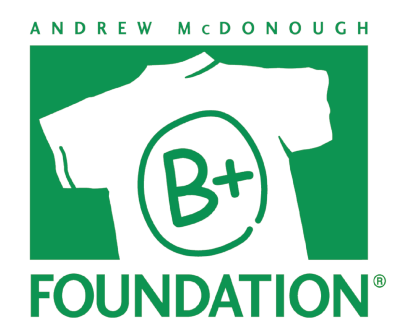Molecular Mechanism of CAR Activation in Targeting B Cell Leukemia
Yale University, New Haven, CT
Among all the childhood cancers, Leukemias, cancers of bone marrow and blood, are the most common type. The development of chimeric antigen receptors (CARs) marked a new era for leukemia therapy. CAR-mediated therapy has been successfully adopted in treating pediatric acute lymphoblastic leukemia and other childhood leukemias. Meanwhile, significant challenges remain including cytokine release syndrome, neurotoxicity, and incomplete patient response. This raises the necessity to understand CAR function at the molecular level so that new tools for CAR therapy could be developed to improve its therapeutic effect. In this proposal, I aim to reveal how a tumor antigen could activate CAR to induce immune responses towards cancer. It will provide guidelines for selecting antigens for building CARs targeting more types of childhood cancers. Moreover, I will explore how phase separation, an emerging biophysical principle in organizing biomolecules, promotes CAR activity. This will establish phase separation as a new target for increasing the efficacy of CAR’s killing tumors.
